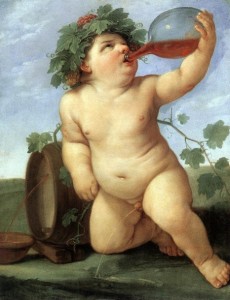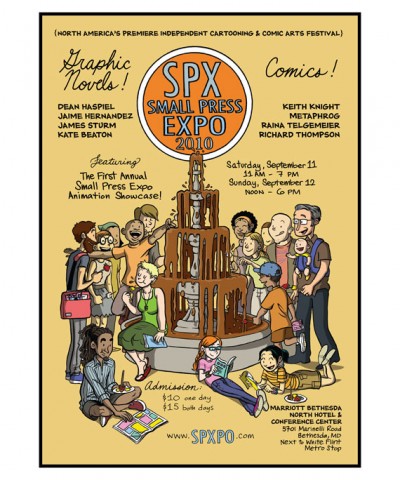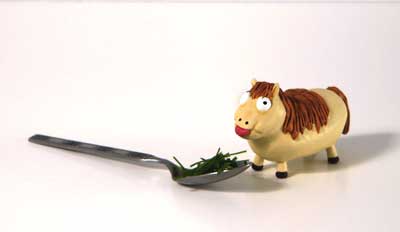
In last week’s comic #654, my characters discuss a philosophical question known as the Oenophile’s Quandary — when to enjoy something that is being saved for a special occasion, and which in fact even improves with time. Of course, I made up the Oenophile’s Quandary, as I do every plausible-sounding fact that somehow worms its way into Wondermark (including this fact stating that fact), but a few kind readers followed up with me with additional information on the topic.
In a tweet, @flyingpawn pointed me to an economist’s answer to essentially this exact question:
Dear Economist,
I have inherited six bottles of excellent wine, which I plan to consume, over time, on special occasions. But how do I know when to open a bottle when I don’t know what occasions lie ahead? I don’t want to use up all the bottles within a few months on mediocre occasions, but neither do I still want to be hoarding them until I die.
I am pleased to announce that the question is answered definitively in the article, with numbers, the answer attributed to economist Avinash Dixit. There are some base assumptions made in the calculation, so it may not apply to every unique situation, but at least someone’s taken a stab at it and for most people it’s just nice to have someone else tell them an answer that sounds pretty authoritative.
In trying to track down the actual calculations done by Dr. Dixit, or any substantiation at all of the answer, I learned that the Oenophile’s Quandary may not be a question of philosophy but rather of mathematics — in particular, the theory of “optimal stopping” as applied in statistics or economics. An article in American Scientist puts it this way:
A decision maker observes a process evolving in time that involves some randomness. Based only on what is known, he or she must make a decision on how to maximize reward or minimize cost. In some cases, little is known about what’s coming. In other cases, information is abundant. In either scenario, no one predicts the future with full certainty. Fortunately, the powers of probability sometimes improve the odds of making a good choice.
Economists put equations to these questions, assuming that each variable has some hard quantifiable element to it. For Oenophile’s Quandary questions to rest in the realm of philosophy, then, they must deal with purely subjective issues. May the quality of aging wine be measured objectively?
A tweet from @OldMiner pointed me to this article about the aging of wine:
MYTH: Old wine tastes better than new wine.
REALITY: Although all wines change with age, very few wines noticeably improve beyond a few months and wine maturity does have its limits.
MY CONTENTIONS: Part of the problem is that some wine increases in monetary value as it gets older. The public fails to grasp that the value only rises because of the wine’s increasing rarity, not its increasing quality.
So where does this leave us? Wine may still be good (as in the question at the top of this post) without necessarily improving with age. Is the quality of improvement over time a necessary condition of the Oenophile’s Quandary? Is the question of enjoyment one that can be answered with economics, or should it be left to philosophy? What occasions have caused you to crack open a special bottle of whatever? Leave a comment and let us know!



